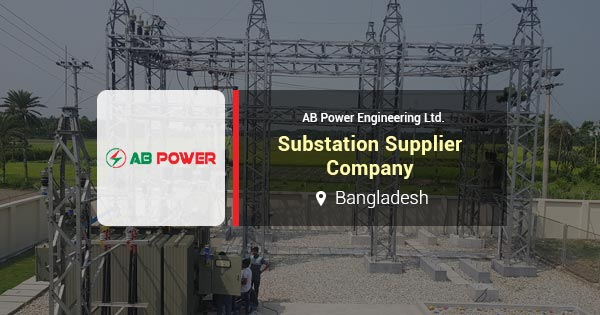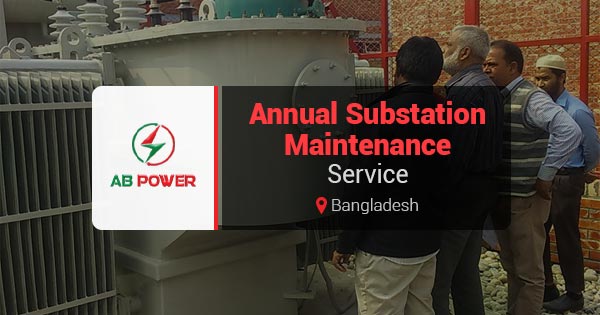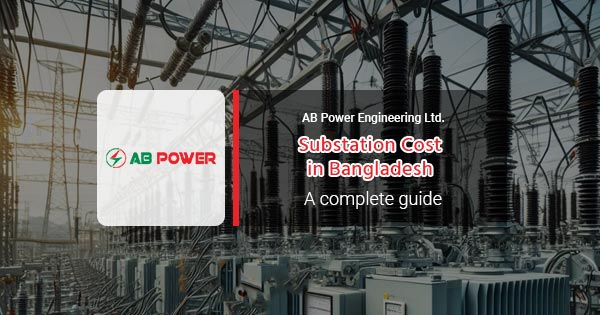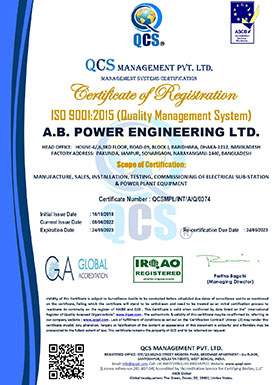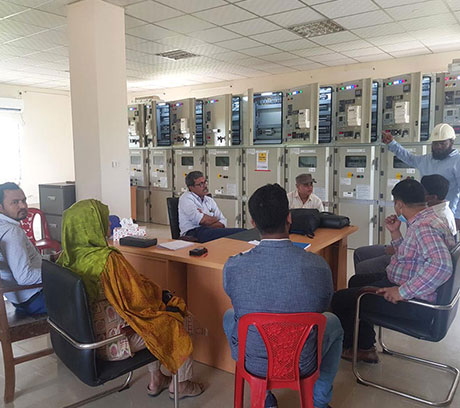Future trends in power generation in Bangladesh
Bangladesh is moving towards a sustainable energy future. With a growing population and increasing energy demands, the need for diversified and reliable energy has increased. In recent years, the government has recognized the importance of transitioning from traditional fossil fuels. In this blog post, we will discuss the future trends in power generation in Bangladesh.
We will also examine the role of government policies and international collaborations in facilitating this transition. If you're a stakeholder in the energy industry or simply interested, our insights will provide you with valuable information.
Are you ready to be part of the energy revolution? Contact AB Power Engineering Ltd. today to learn more about how we can work together for a sustainable future!
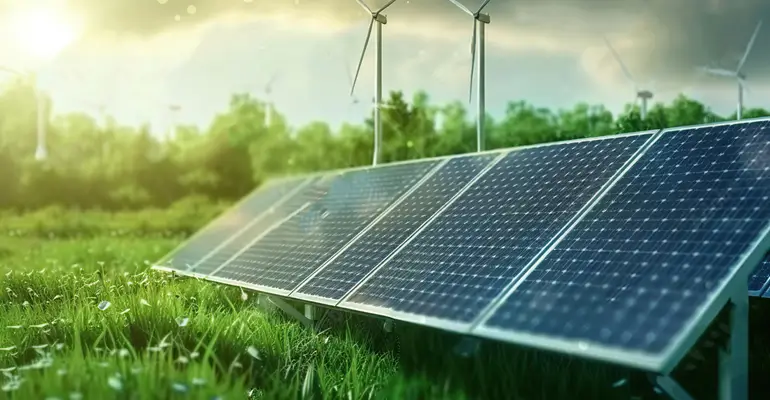
The shift towards renewable energy
Bangladesh's reliance on fossil fuels for power generation has contributed to high carbon emissions and environmental concerns. Recognizing this, the government is increasingly investing in renewable energy sources. The goal is to reduce dependency on imported fuels, minimize environmental impact, and ensure energy security. Key trends in renewable energy include:
- Solar Power
- Wind Energy
- Biomass and Biogas
- Hydropower
Expanding natural gas and LNG infrastructure
Bangladesh is already taking steps to upgrade its grid with smart technologies, which are essential for a reliable infrastructure. While renewable energy is growing, natural gas remains one of Bangladesh's primary energy sources. Domestic natural gas reserves are depleting, but to sustain power generation, Bangladesh has turned to Liquefied Natural Gas (LNG) imports to bridge the gap. Future trends in this sector include:
- LNG terminals: Bangladesh has already established two floating LNG terminals to support its growing energy demand. More terminals are expected as the country seeks to diversify its energy sources and reduce its dependence.
- Efficient combined cycle power plants: These are more efficient and emit fewer greenhouse gases than traditional power plants. Bangladesh is investing in combined cycle technology, which maximizes the energy yield from natural gas.
Development of smart grids and digitalization
The development of smart grids and digitalization marks a transformative shift in Bangladesh's power sector. By embracing digitalization, Bangladesh can enhance grid flexibility, enable renewable integration, and empower consumers. Smart grids incorporate advanced technologies to enhance the efficiency of the power grid. Key aspects of smart grids include:
- Advanced Metering Infrastructure (AMI): AMI allows for real-time monitoring and management of energy consumption. It enables consumers to make informed energy-saving decisions. AMI systems also provide utilities with better data for demand forecasting and grid management.
- Automated distribution systems: Automated systems enable quick detection and resolution of faults, improving reliability and reducing power outages. Automation will enhance operational efficiency and support the integration of renewable energy sources.
- Data analytics and demand response: Smart grids collect vast amounts of data, which can be analyzed to predict and manage demand fluctuations. Demand response programs incentivize consumers to reduce consumption during peak hours.
Nuclear power: A reliable alternative
Bangladesh is set to become a nuclear energy-producing nation with the Rooppur Nuclear Power Plant. Nuclear power is an attractive solution due to its high energy density, low carbon emissions, and steady output, making it suitable for base-load power supply.
With a capacity of 2,400 MW, Rooppur will be Bangladesh's first nuclear power plant and is expected to play a key role in meeting future energy needs. It will diversify Bangladesh's energy mix, reducing reliance on fossil fuels. This will require regulatory frameworks and skilled personnel to ensure safety and efficiency.
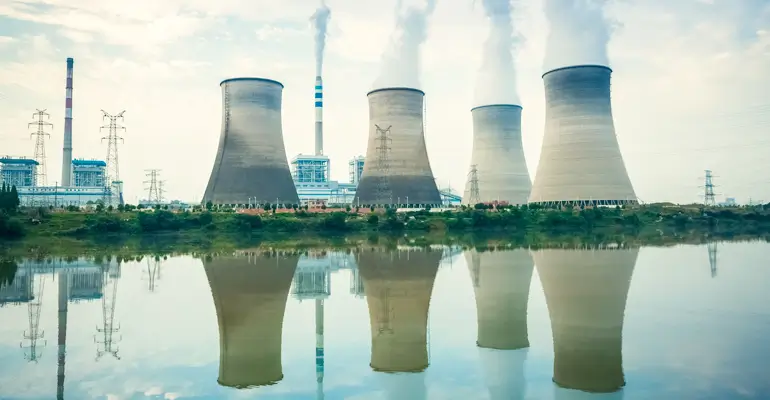
Government policies and international collaboration
Bangladesh's energy sector transformation is backed by government policies and international support. The government’s Power System Master Plan (PSMP) and Renewable Energy Policy aim to achieve 10% renewable energy by 2025, gradually increasing in subsequent years. Key initiatives include:
- Subsidies and Incentives
- International Collaboration
- Capacity building and training
- Wind energy development
- Climate financing and renewable investments
Energy efficiency and demand-side management
Energy efficiency is an important aspect of sustainable power generation. As energy demand increases, reducing waste and optimizing consumption will be crucial. Energy efficiency trends include:
- Energy-efficient appliances: The government promotes energy-efficient appliances through labeling programs and subsidies. It encourages consumers to opt for products that reduce energy consumption.
- Building codes and industrial standards: New building codes and industrial standards require efficient energy use in construction, appliances, and industrial processes. These standards will reduce the overall energy demand.
- Smart cities and urban planning: Bangladesh’s urban centers are expanding. In this context, integrating energy-efficient designs, smart buildings, and renewable energy sources into city planning is essential. The development of smart cities will incorporate efficient power distribution.
A sustainable future for power generation in Bangladesh
Bangladesh stands at a pivotal moment in its journey toward sustainable power generation. By embracing these changes, we can not only meet its growing energy demands but also reduce its environmental impact and enhance energy security for generations to come. AB Power Engineering Ltd. is dedicated to supporting this transformation.
Our innovative solutions and expertise in power generation are aligned with the nation’s goals for a sustainable energy future. If you are interested in learning more about how our products and services can help your business or industry navigate this energy transition, contact us today.

